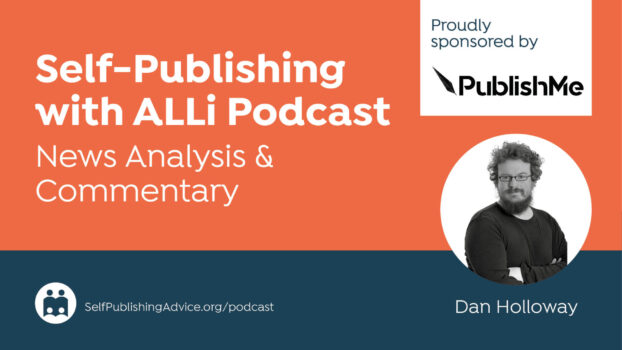The European Union’s AI Act passed into law a few months ago to great acclaim from publishers and creatives. It was lauded for pushing back against the demands of big tech for self-regulation and placing the needs of creatives and consumers ahead of those of tech giants. Now we have the first indication of what the regulation to be imposed on the largest general-purpose AI platforms will look like. These include the likes of ChatGPT, Claude, and Gemini.

ALLi News Editor, Dan Holloway
You can read the draft code of practice in full. Over the next two weeks, a group of stakeholders will scrutinize the draft and provide detailed feedback. If you’d rather read something shorter, the EU has produced a handy set of FAQs outlining the principles behind the code of practice. It’s encouraging to note that Working Group 1 (of 4) and the first substantive section of the draft code of practice are dedicated to copyright.
Key Points on Copyright Compliance
There are three general headings for proposed rules on copyright: developing a copyright policy, complying with limits on the text and data mining (TDM) exception, and ensuring transparency.
I urge you to look at these sections in full, but here are some highlights:
- Platforms entering into contracts to use datasets must conduct due diligence to ensure that whoever compiled the dataset respected the rights of the original creators.
- All crawlers (which scour the web for content to train AI) must be configured to exclude content tagged as not being for AI training.
- A “no effect on findability” safeguard ensures that creators who opt out of AI training won’t have their discoverability penalized by search engines.
- No crawling of piracy websites.
- Training practices and sources must be disclosed in clear, accessible language.
Why the AI Act Matters
It’s easy to dismiss regulation as dry and irrelevant (not to me, of course—I love this stuff). But this legislation is incredibly important and has the potential to establish excellent practices in AI governance.
For anyone wondering whether EU regulation has teeth, Meta recently received a fine to the tune of 798 million euros—proof that the EU means business when it comes to enforcing its rules.
Thoughts or further questions on this post or any self-publishing issue?
 If you’re an ALLi member, head over to the SelfPubConnect forum for support from our experienced community of indie authors, advisors, and our own ALLi team. Simply create an account (if you haven’t already) to request to join the forum and get going.
If you’re an ALLi member, head over to the SelfPubConnect forum for support from our experienced community of indie authors, advisors, and our own ALLi team. Simply create an account (if you haven’t already) to request to join the forum and get going.
Non-members looking for more information can search our extensive archive of blog posts and podcast episodes packed with tips and advice at ALLi's Self-Publishing Advice Center.




